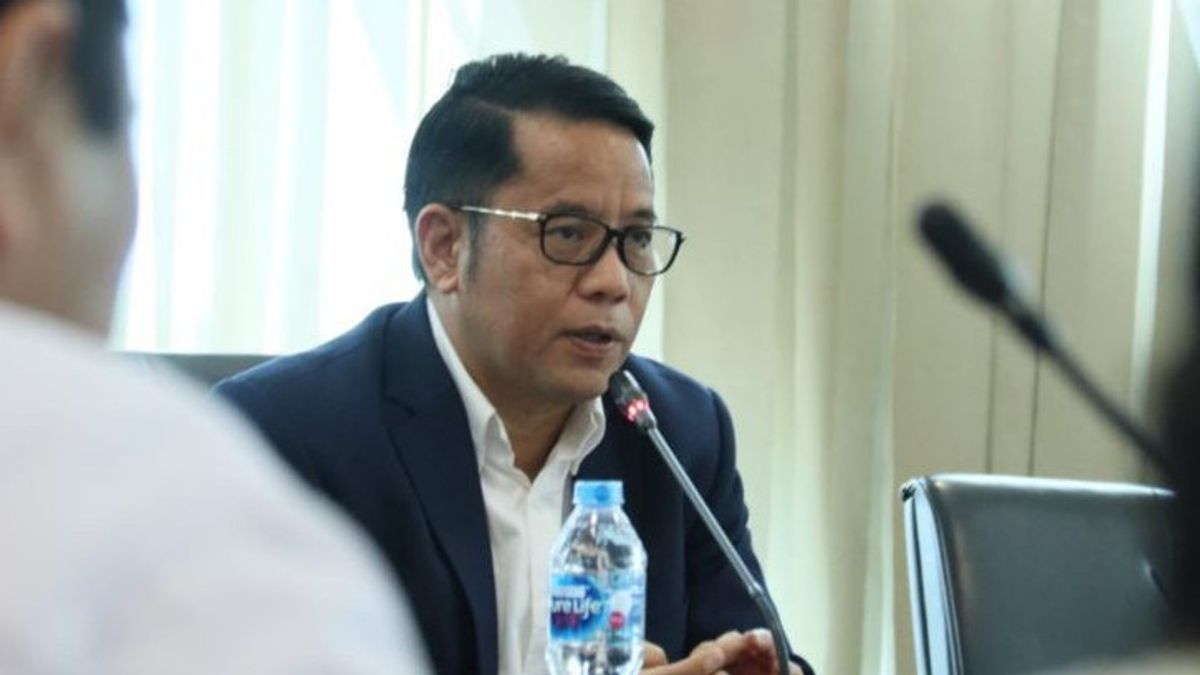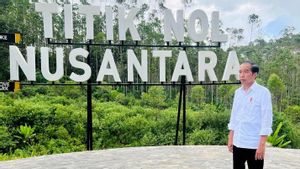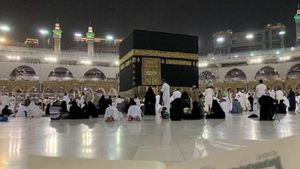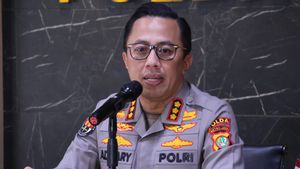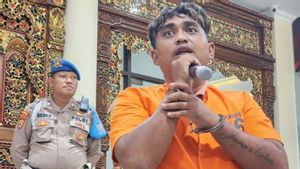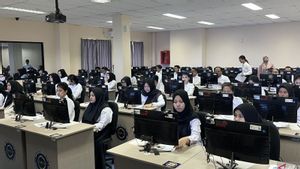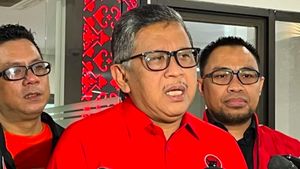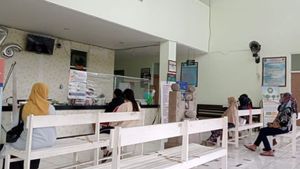JAKARTA - The Ministry of Religion (Kemenag) stated that as many as six regencies/cities are pilot projects for the City of Waqf in the form of regional-based waqf property empowerment, development and management programs.
"We have just kick off the collaboration of zakat and waqf empowerment. The words collaboration means involving stakeholders from Baznas, BWI (Indonesian Waqf Agency), LAZ (Amil Zakat Institute), provincial government, and local government," said Director General of Islamic Community Guidance at the Ministry of Religion Kamaruddin Amin in Jakarta, Tuesday, July 16, confiscated by Antara.
The six regencies/cities are three on the island of Sumatra, namely Central Aceh, Siak Regency, and Padang City. The rest are in Wajo Regency, Tasikmalaya City and Gunungkidul Regency.
are Central Aceh Regency, Siak Regency, Padang City, Gunungkidul Regency, Wajo Regency and Tasikmalaya City.
He explained that the Ministry of Religion gave the attributes of Waqf City to the six regencies/cities because a number of activities would be carried out in order to capitalize on the potential for waqf in the region.
The election of six cities/regencies as a pilot project for Waqf City, he said, has gone through various stages. The Ministry of Religion carried out a number of verifications, including support from the local government (Pemda) in managing waqf.
"So in that city a number of waqf activities will be increased and it will be supported by local governments, regents, governors, mayors," he said.
SEE ALSO:
According to him, the Ministry of Religion together with Baznas and BWI will foster these cities/regencies in the management of waqf whose estuary is to improve people's welfare.
Director of Zakat and Waqf Empowerment (Ditzawa) Waryono Abdul Ghafur said the six selected areas had developed waqf, starting to revive the wedding waqf, the realization of the cash waqf program, and the management of productive waqf.
"The most important thing is the support from the local government regarding the development and empowerment of waqf," he said.
In addition, local governments are actively involved in campaigning for productive waqf to the community. This is because the collected waqf assets are maximized into the form of community empowerment.
According to Waryono, waqf has great potential in supporting social-religious life, poverty alleviation, equitable development, and economic growth.
"One of the ways we take to maximize this potential is to improve the quality of nazir and strengthen the policy of waqf governance from the center to the regions," said Waryono.
The English, Chinese, Japanese, Arabic, and French versions are automatically generated by the AI. So there may still be inaccuracies in translating, please always see Indonesian as our main language. (system supported by DigitalSiber.id)
